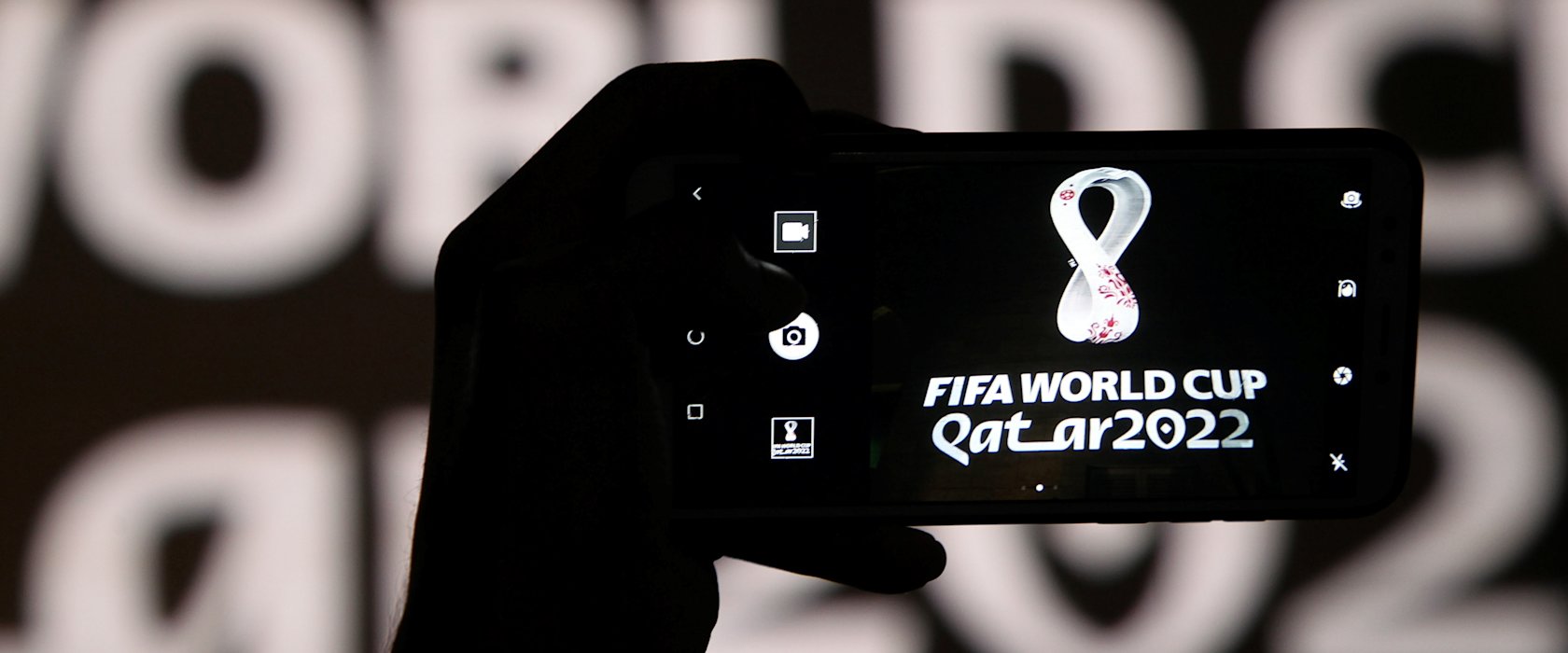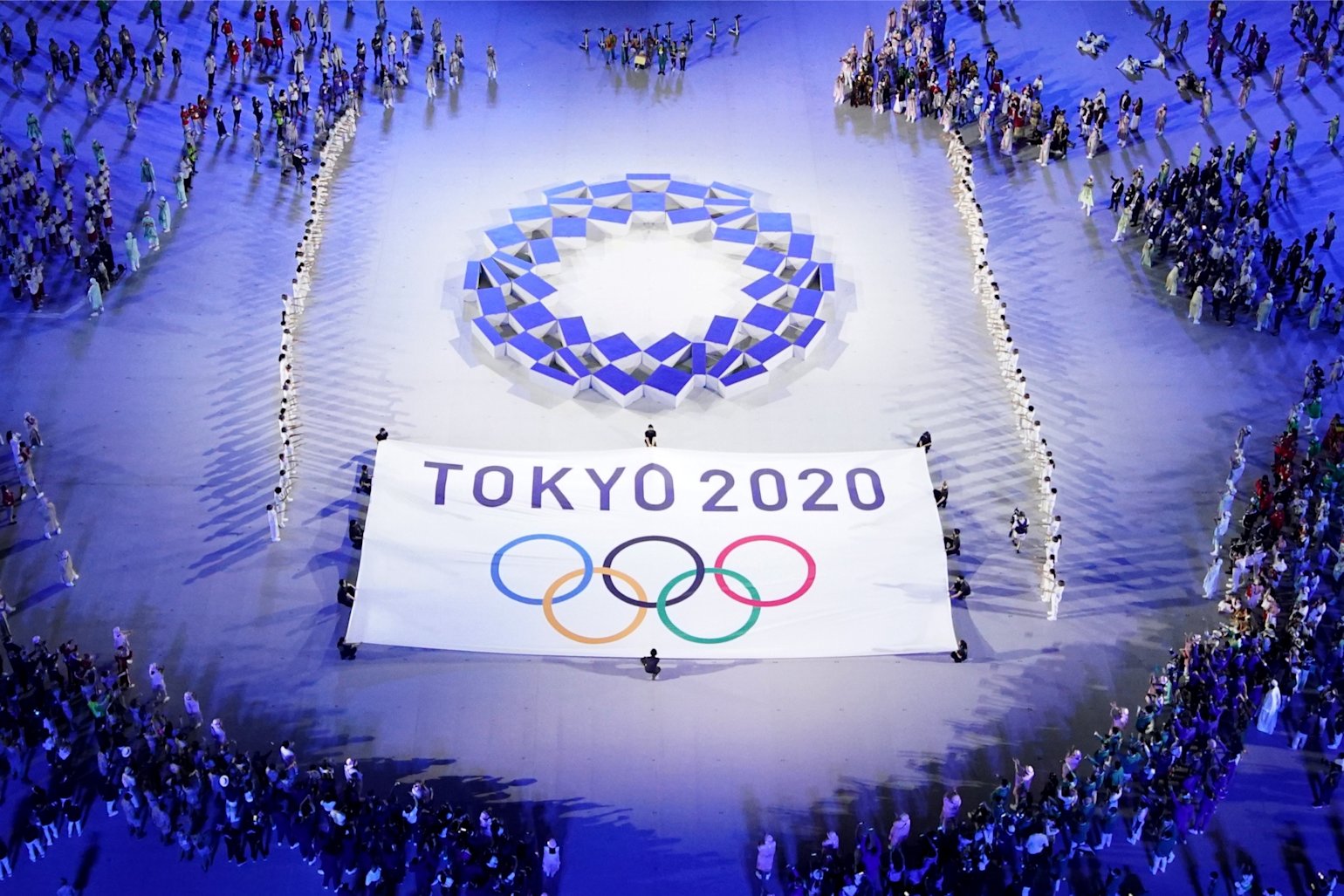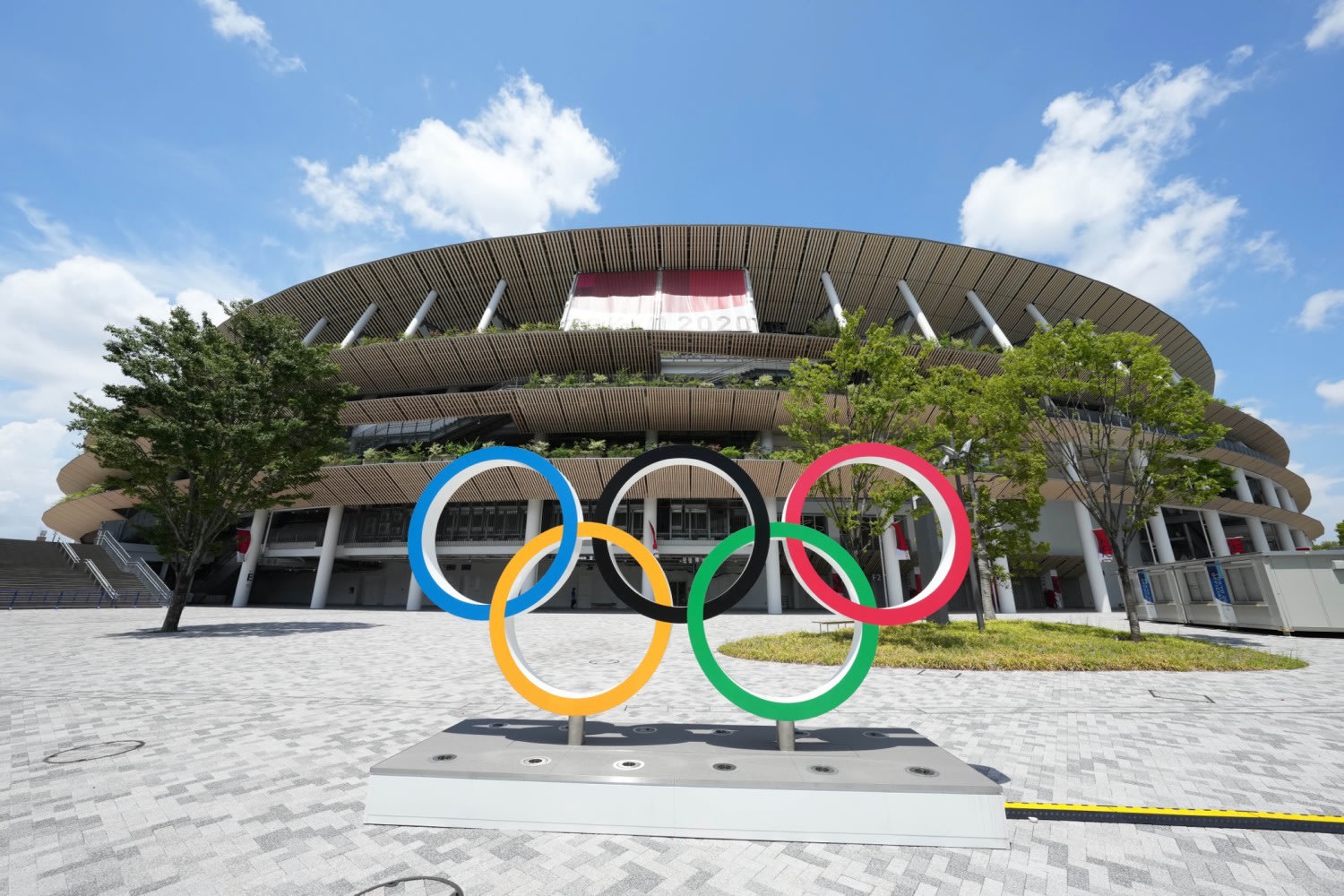Coronavirus (COVID-19) Updates
For the latest COVID-19 information and updates from Qatar Foundation, please visit our Statements page

Dr. Kamilla Swart-Arries from HBKU and Dr. Danyel Reiche from GU-Q note how the FIFA Arab Cup 2021 is large enough to be a real dry-run to main event
With the Tokyo 2020 Olympics now receding into the distance, thoughts turn to the FIFA World Cup Qatar 2022™, which takes place in less than 15 months’ time. Two experts from Qatar Foundation’s higher education institutes talk about the lessons Qatar can learn from the Tokyo 2020 Olympics.
There are a lot of intangible aspects to hosting a mega sporting event which influence whether the event is considered a success or not
“In some ways the World Cup in Qatar will be more like an Olympics than a traditional (football) World Cup,” says Dr. Kamilla Swart-Arries, Associate Professor at the College of Science and Engineering at Qatar Foundation’s (QF’s) Hamad Bin Khalifa University (HBKU). “As all the matches will take place in one small area, it will be different to a traditional FIFA World Cup, which usually has all the teams spread out.”
This is a view echoed by Dr. Danyel Reiche, Visiting Associate Professor at Georgetown University in Qatar (GU-Q) – a QF partner university. “All the stadia are within a radius of 50km,” says Reiche, “which means there won’t be much travel either for the players or the fans, which is a big positive, both from a financial and a sustainability point of view.”
Qatar wants to build good relations with as many countries as it can
One of the big differences between the Tokyo Olympics and the upcoming FIFA World Cup Qatar 2022™ will be the presence of fans. Of course, given the events of the past 18 months, nothing is certain, but, says Swart-Arries, risk management is a big part of hosting a major sporting event.
“There are a lot of intangible aspects to hosting a mega sporting event which influence whether the event is considered a success or not. We saw the media coverage of the waning local support for the Tokyo Olympics, and the fact that there were no fans present meant Japan lost out on the opportunity to promote themselves in that way.”
Of course, Qatar is not Japan, and every host nation has different reasons for hosting such big events, even if all want to promote their country on the world stage. Some, such as South Korea in 1988 or South Africa in 2010 have used these big sporting events to show the world they are open for business and to dispel negative stereotypes they might face. Qatar too, increasingly punching above its weight on the global stage, will use the tournament to promote itself as a welcoming tourist destination.
As much as it’s important to address the external audience, it’s also vital to address the internal audience
“Qatar can present itself as more welcoming than Japan,” says Dr. Reiche. “Qatar wants to build good relations with as many countries as it can, and it has proven it can develop concepts that allow fans to attend matches even during a pandemic. I think the perception of Qatar for a global audience will be better, and this is what matters for Qatar.”
Another issue that host countries can face is the legacy of the event itself: purpose-built infrastructure that lies unused years after the fans and competitors have gone home. Indeed, walk through anywhere from Barcelona to Los Angeles and you will see relics of sporting events from the past; infrastructure that is underused or abandoned entirely.
Yet Qatar’s use of “smart” infrastructure, such as the Ras Abu Aboud Stadium, which is constructed of shipping containers, and will be dismantled after the FIFA World Cup, showcases an innovative approach to a big sporting event.
This is a test event, and having an event that brings all the Arab countries together is a good idea
Another aspect of hosting a major event is the media scrutiny it puts the host country under, particularly if the event is not universally welcomed by the local population. “I was at the FIFA World Cup in Brazil in 2014,” says Swart-Arries, “and saw the protests that went on at the time.”
The Tokyo Olympics were unpopular too, with polls taken just before the event revealing that a majority of Japanese wanted the games cancelled. Of course, much of that was down to the prevalence of COVID-19 infections at the time, as well as the sense among some of the public that the Olympics was a waste of public money.

Image source: ATHIT PERAWONGMETHA, via Reuters
In Qatar, there’s buy-in from both locals and expats, and a real sense of excitement is building around the World Cup. “As much as it’s important to address the external audience, it’s also vital to address the internal audience,” says Swart-Arries. “It’s important that there is local support and that they are excited about the event and showcasing their country. So, there needs to be opportunities for local volunteers and that really helps build excitement.”
The next big event that Qatar hosts is the FIFA Arab Cup 2021™ in December 2021, which will see 16 teams from around the Arab World compete for the trophy. “This is a test event, and having an event that brings all the Arab countries together is a good idea,” says Dr. Reiche. “And it’s a way to test the facilities, the transportation, the media set-up, and it’s large enough to be a real dry-run for the FIFA World Cup Qatar 2022™.”

Image source: Kirby Lee, via Reuters
Five Lessons Qatar Can Learn from the Tokyo 2020 Olympic Games
Embrace Technology
Although the athletes’ families couldn’t be there in person, the Tokyo 2020 Olympics organizers used technology to help participants keep in touch with them: the Athlete Moment initiative allowed athletes to connect with families and friends after their events. Qatar should also use innovative tech solutions to connect fans from around the world.
Deal with the Criticism
Every big sporting event sees naysayers criticize it and the World Cup is no exception. Yet Qatar has listened to criticism over workers’ rights and introduced new laws that give migrant workers better legal protections.
Involve the Community
It’s vital that the local community feels a part of the event, something that – mainly due to the COVID-19 restrictions – was not the case at the Tokyo 2020 Olympics. Indeed, many of the measures taken to help stop the spread of COVID-19 during the Olympics, such as forcing restaurants to close early, only angered the local population. In Qatar, the early signs are good, with hundreds of thousands already registered as volunteers for the World Cup, and a general mood of expectancy among both locals and expatriates.
Be Flexible
The recent past has shown us how quickly things can change, and while the Olympics were judged a success in sporting terms, there was a sense that the Japanese authorities were inflexible when it came to adapting to the changing public health situation, particularly around allowing spectators into stadia. While COVID-19 will hopefully be a memory by November 2022, it’s important that some flexibility is built into the planning.
Fans are Vital
With no fans in stadia, the Tokyo 2020 Olympics made zero ticket revenue, while TV ratings were also down. Add to this the fact that sponsors couldn’t host clients and pitch products and the Olympics showcased the importance of a live audience to any major sporting event. Qatar needs to ensure fans are present – no matter what the situation with COVID-19 – in order for the FIFA World Cup Qatar 2022™ to be deemed a success.

